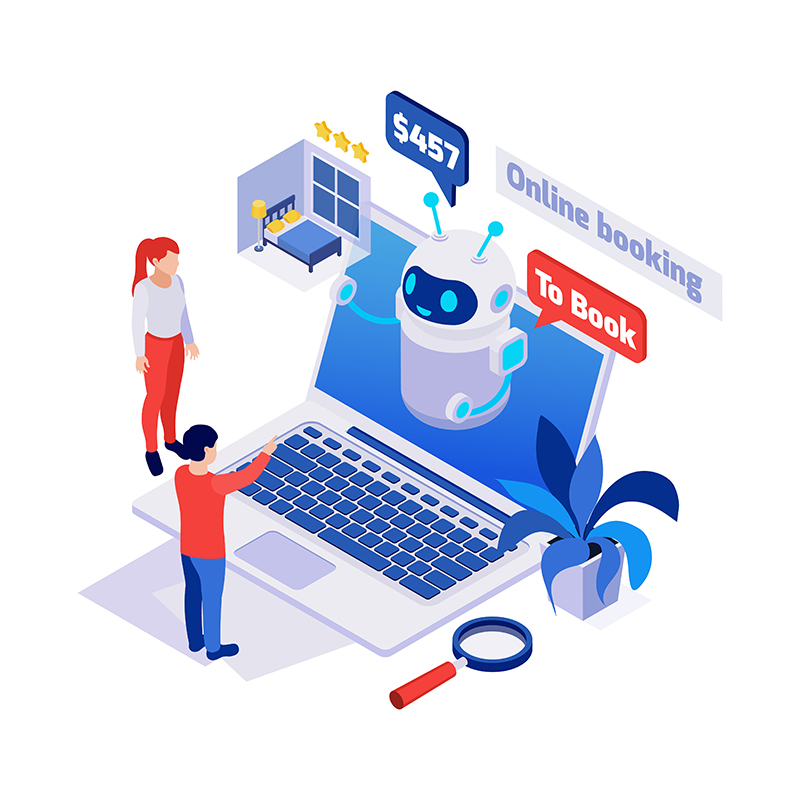In today’s digital age, customer engagement has become a crucial aspect of any successful business. With the rise of technology and the increasing demand for instant interactions, companies are constantly seeking innovative ways to connect with their customers. One such innovation that has revolutionized customer engagement is chatbot marketing.
What are Chatbots?
Chatbots are computer programs designed to simulate human conversation through artificial intelligence. They are programmed to understand and respond to user queries in a conversational manner. Chatbots can be integrated into various platforms such as websites, messaging apps, and social media platforms.
Chatbots have gained popularity due to their ability to provide instant responses, 24/7 availability, and personalized interactions. They can handle a wide range of customer queries, from answering frequently asked questions to providing product recommendations.
The Benefits of Chatbot Marketing
Chatbot marketing offers several benefits for businesses looking to enhance their customer engagement strategies:
1. Improved Customer Service
Chatbots can provide immediate and accurate responses to customer queries, eliminating the need for customers to wait for a human representative. This improves customer satisfaction and reduces response time, leading to better customer service overall.
2. Personalized Interactions
Chatbots can collect and analyze customer data to provide personalized recommendations and offers. By understanding customer preferences and behavior, chatbots can deliver tailored experiences, making customers feel valued and understood.
3. Cost and Time Efficiency
Implementing chatbots can significantly reduce costs associated with customer support and service. Chatbots can handle multiple conversations simultaneously, reducing the need for a large customer service team. Additionally, chatbots can provide 24/7 support, eliminating the need for round-the-clock staffing.
4. Lead Generation and Conversion
Chatbots can act as virtual assistants, guiding customers through the sales funnel. By engaging customers in personalized conversations, chatbots can gather valuable information and identify potential leads. They can also provide product recommendations and assist in the purchasing process, increasing conversion rates.
The Future of Customer Engagement
The future of customer engagement lies in the continued development and utilization of chatbot marketing. As technology advances and artificial intelligence improves, chatbots will become even more sophisticated and capable of handling complex customer interactions.
With the integration of natural language processing and machine learning, chatbots will be able to understand and respond to customer queries more accurately. They will also become better at recognizing customer emotions and providing empathetic responses.
Furthermore, chatbots will continue to evolve as a channel for customer engagement. They will be integrated with voice assistants, allowing customers to interact with businesses through voice commands. This will further enhance the convenience and accessibility of chatbot interactions.
As customers become more accustomed to chatbot interactions, businesses will need to ensure that their chatbots are well-designed and provide seamless experiences. It is essential to strike the right balance between automation and human touch, ensuring that customers feel heard and valued.
Conclusion
Chatbot marketing has transformed customer engagement by providing instant, personalized, and cost-effective interactions. As businesses continue to embrace this technology, chatbots will play an increasingly important role in shaping the future of customer engagement.
By leveraging the power of chatbot marketing, businesses can enhance their customer service, drive lead generation, and improve overall customer satisfaction. It is crucial for businesses to stay ahead of the curve and embrace this innovative approach to customer engagement.



